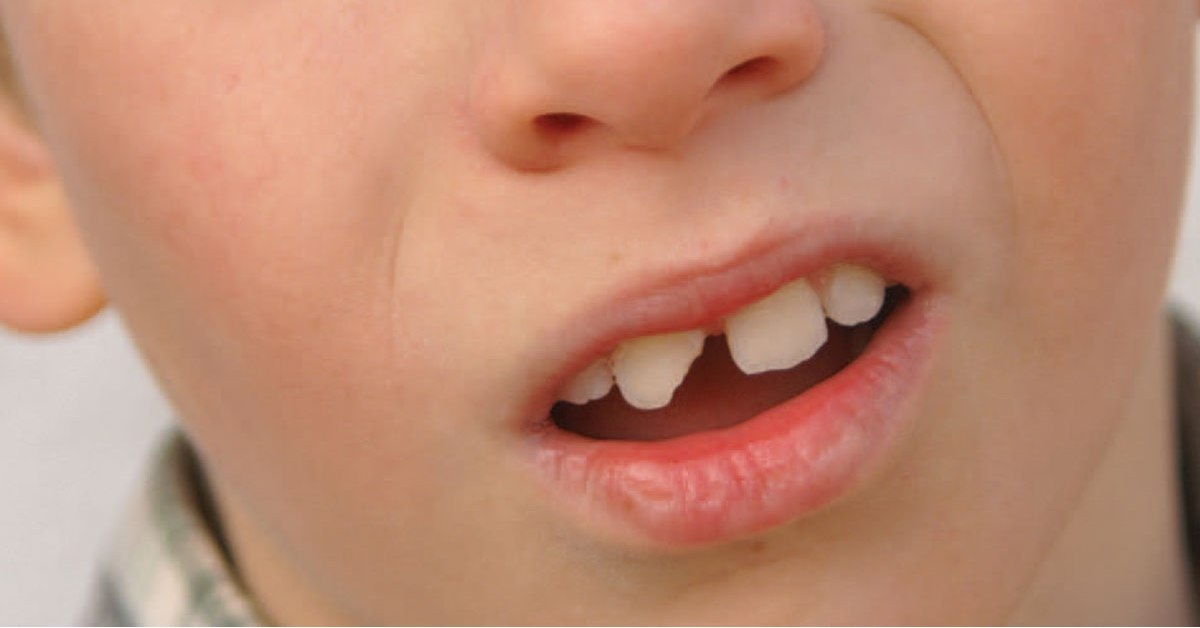+919790726189

This is your website preview.
Currently it only shows your basic business info. Start adding relevant business details such as description, images and products or services to gain your customers attention by using Boost 360 android app / iOS App / web portal.

Dental Treatment in Down Syndrome Down Syndrome is a genetic condition caused by an extra copy of chromosome 21. It is associated with distinct physical features, varying levels of intellectual disability, and certain medical conditions. Oral health care in individuals with Down Syndrome requires special attention, as they often present with unique dental and oral challenges. Common Oral Health Issues in Down Syndrome Delayed Tooth Eruption – Teeth may appear later than usual, sometimes with irregular eruption patterns. Small and Conical Teeth – Teeth are often smaller, leading to spacing between them. Periodontal (Gum) Disease – Increased susceptibility due to reduced immunity, poor oral hygiene, and sometimes mouth breathing. Malocclusion – Underdeveloped midface and jaw size differences can lead to open bite or crossbite. Macroglossia (Large Tongue) – The tongue may appear large relative to the mouth, affecting speech, swallowing, and tooth alignment. Bruxism – Teeth grinding is common and can cause enamel wear. Special Considerations for Dental Treatment Medical History Review Many individuals with Down Syndrome may have heart conditions, low immunity, or thyroid problems. Antibiotic prophylaxis may be required before certain dental procedures if heart disease is present. Behavior Management Use of clear, simple language and visual aids helps with communication. Short, positive appointments work best to reduce anxiety. Preventive Focus Professional cleaning, fluoride application, and sealants help prevent cavities. Parents and caregivers should receive training on proper brushing and flossing techniques. Orthodontic Care Early orthodontic assessment can help address bite issues. Treatment plans may be adjusted depending on cooperation and medical status. Gum Health Maintenance Frequent dental visits (every 3–4 months) are recommended due to high periodontal risk. Mouth breathing and low muscle tone can worsen gum inflammation, so oral hygiene must be meticulous. Creating a Supportive Dental Environment A friendly, patient approach is key. Dentists should work closely with caregivers to establish trust and routine. Special dental chairs, gentle restraint methods (if needed), and sensory accommodations can help make visits smoother. Conclusion Individuals with Down Syndrome can enjoy good oral health with the right preventive care, early interventions, and a compassionate dental team. By addressing their unique needs, dental treatment can greatly improve comfort, function, and quality of life. Dental Clinics in West Mambalam Dentists in West Mambalam Dentists in Ashok Nagar Best dentist near me Best Dental Clinics in West Mambalam Oral surgeon in West Mambalam Dental Implants in West Mambalam Oral surgeon in Ashok Nagar Painless tooth removal at West Mambalam Rootcanal treatment at West Mambalam

